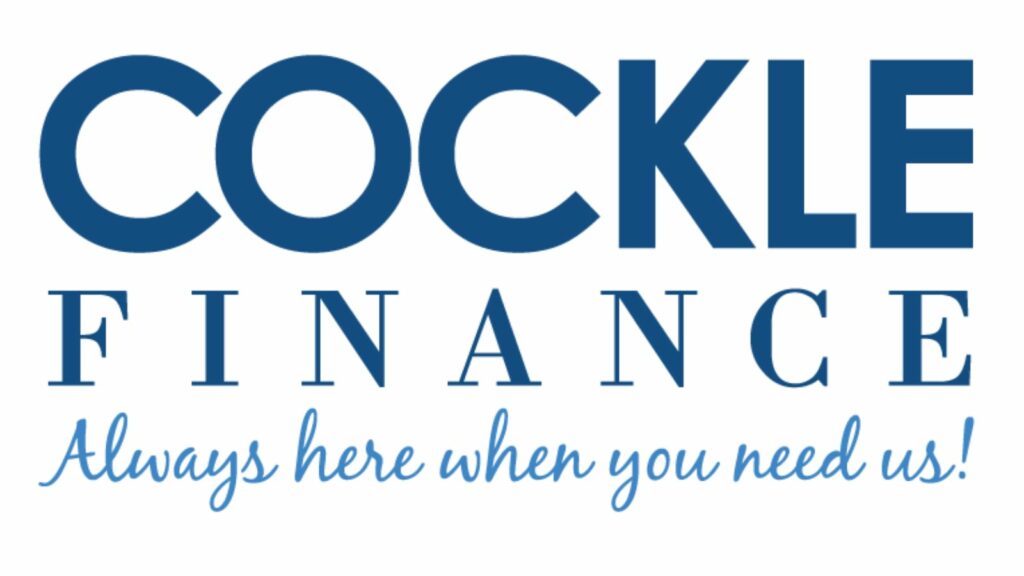ESSEX, UK. May 23rd, 2024 – Home Collected Credit, also known as Doorstep Lending or Home Credit, has been a staple financial service in the UK for many years. Despite its long history and regulated status, numerous myths and misconceptions continue to surround this form of lending. Many people across the UK still need to borrow small sums to help smooth consumption and meet unexpected expenses.
According to LexisNexis Risk Solutions, short-term loan application volumes in the UK doubled (a 90% rise) between April and June 2022, as the cost of living crisis forced many people to seek high-interest loans. The study, which examined data from two major credit reference agencies and over 30 additional public and commercial sources, discovered that the number of people taking out short-term loans to pay off other debts has increased by more than 70%.
People’s normal borrowing amounts have likewise progressively climbed. In early 2021, the most typical loan amounts asked for were between £250 and £499. By December 2021, £500 to £999 was the most common value requested (31% increase), and by April 2022, £1000 to £4,999 was the most frequently applied.
Essex-based home credit lender Cockle Finance, a third-generation, family-owned lender providing short-term loans for over 50 years, has been working hard to correct some commonly held misconceptions about short-term lenders and the people they lend to.
Myth 1: Home Credit lenders are illegal.
Reality: Home Credit lending is a legal and regulated form of credit in the UK. The Financial Conduct Authority (FCA) oversees these lenders to ensure they adhere to strict guidelines and treat borrowers fairly.
Myth 2: Home Credit lenders charge excessively high interest rates.
Reality: While the interest rates on Home Credit loans can be higher than those for mainstream credit products, they are regulated by the FCA. These rates reflect the convenience and higher risk of short-term, small-amount lending.
Myth 3: Home Credit lending targets vulnerable individuals.
Reality: Reputable Home Credit lenders follow responsible lending practices, conducting thorough affordability assessments to ensure borrowers can repay their loans. They aim to provide credit to those who need it, not exploit a vulnerability.
Myth 4: Borrowers are harassed if they miss payments.
Reality: The FCA regulations prohibit harassment and unfair treatment of borrowers. Lenders are required to work with borrowers to find manageable repayment solutions, ensuring fair and respectful collection practices.
Myth 5: Home Credit loans are a long-term solution to financial problems.
Reality: Home Credit loans are designed for short-term financial needs, such as unexpected expenses, rather than ongoing financial commitments. They are not intended as a long-term financial strategy.
Myth 6: There is no recourse if you have a problem with a Home Credit lender.
Reality: Borrowers can raise complaints directly with the lender. If unresolved, they can escalate the issue to the Financial Ombudsman Service, which provides an independent resolution.
Myth 7: Home Credit lenders don’t check your credit history.
Reality: Reputable lenders conduct credit checks and affordability assessments to ensure responsible lending. This process helps prevent borrowers from taking on unmanageable debt.
Myth 8: Anyone can become a Home Credit lender.
Reality: Becoming a Home Credit lender requires proper licensing and authorisation from the FCA. This ensures that only those meeting strict regulatory standards can operate.
Myth 9: Home Credit lending is the same as loan sharking.
Reality: Home Credit lending is a regulated activity overseen by the FCA, whereas loan sharking is illegal and often involves intimidation and violence. The two should not be confused.
Myth 10: Repayments must be made in cash.
Reality: While traditional Home Credit lending involves cash repayments at the borrower’s home, many lenders now offer flexible options, including Continuous Payment Authority, Debit Card and online payments.
Dan Cockle, Managing Director of Cockle Finance and Vice Chair of the Consumer Credit Association says “By addressing these myths, we hope to provide a clearer understanding of Home Credit lending and its regulated nature within the UK’s financial services landscape. We have customers from all sorts of backgrounds who borrow small sums of money to cover anything from replacing white goods, providing deposits for holidays and even helping to spread the cost of Christmas. We, and other lenders are committed to providing a high quality and fair service to all that need to use us”.
ENDS

